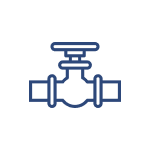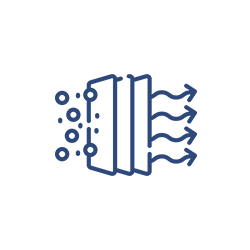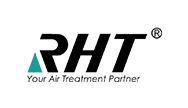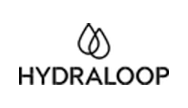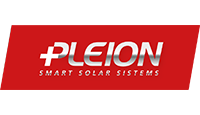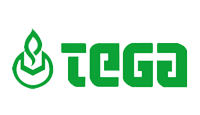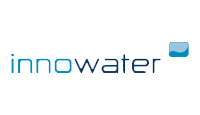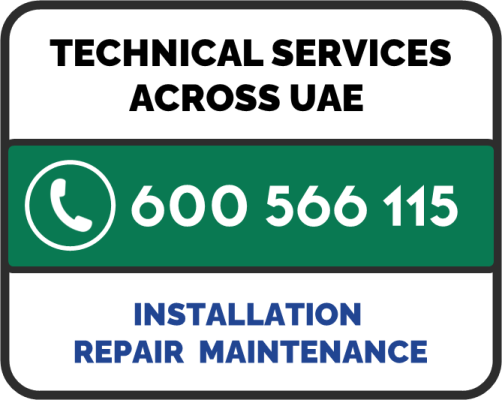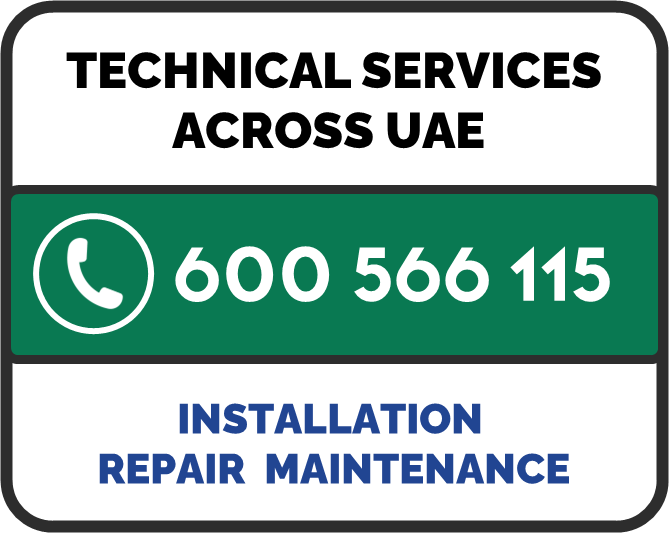
Swimming pools are among the most sought-after amenities in hotels, resorts, spas, fitness, recreation, and wellness centres, and residential communities. But if you’re thinking of installing one for your business or facility, you need to ensure your intended users can use it all year round.
Swimming pool heaters allow you to reap the benefits of having this amenity in your facility. They extend the swimming season, allowing users to enjoy the pool year-round, which can boost customer satisfaction and increase your revenue.
A swimming pool heater ensures the water is warm and comfortable, encouraging longer stays and repeat visits. Heated pools are particularly attractive for hotels, resorts, spas, and fitness centres, giving guests a relaxing and therapeutic environment. They are also essential for facilities providing swimming lessons and aquatic therapy, appealing to a broader clientele.
Investing in a reliable pool heating solution can enhance the overall appeal of your facility and impress your guests, giving your business a competitive edge.
Electric Swimming Pool Heaters
If you’re thinking about how to warm up a pool efficiently, electric swimming pool heaters and pumps are great options.
An electric swimming pool heater relies on electricity to heat water, circulating it through a heating element before returning it to the pool. On the other hand, a heat pump uses a small amount of electricity to generate heat from the ambient air and transfer it to the water.
Both options are easy to install, efficient, and offer accurate temperature control, ensuring comfy swimming conditions any time of the year. The newer models operate quietly as well.
Electric pool heaters and heat pumps are also compact, requiring less space than gas or solar options. They are ideal for residential and commercial pools since they provide a steady, convenient heating solution with lower environmental impact.
Factors to Consider When Choosing a Pool Heating System

When selecting the right pool heating system, you need to consider several integral factors to make an informed decision. These include the following:
1. Local Climate
If you want to know how to heat a pool properly, start by considering the climate in your area since it impacts the efficiency and effectiveness of different pool heating systems. For instance, electric heat pumps are ideal in cold places because they can maintain consistent temperatures regardless of weather conditions.
Conversely, a solar heater can be a more cost-effective and environmentally friendly option in sunnier, warmer regions since it harnesses natural sunlight to heat the pool.
Evaluating the local average temperatures and weather patterns can help you choose a pool heating system that will operate efficiently under your area’s specific conditions.
2. Pool Size and Usage
The pool’s size also directly influences its heating requirements. Larger pools have a greater volume of water, which means a more powerful heater is required to maintain the desired temperature.
Usage patterns can also affect the pool’s heating needs. Pools that are frequently used, such as those in hotels, fitness centres, and public recreation areas, need consistent temperatures to keep users comfortable in the water. In such instances, a reliable and fast-acting heating system, such as an electric heat pump, would be your best option.
3. Energy Efficiency and Costs
While gas heaters are effective and heat water quickly, they are often costly due to the price of gas. Electric heat pumps are usually more energy-efficient and cost-effective in the long term despite a potentially higher outlay.
You should also consider the maintenance costs associated with each type of heater. Regular servicing and potential repairs can add to the overall cost of owning a heated pool. You must invest in a reliable and durable heater to reduce these expenses.
By taking note of these important factors, you can select the right pool heating equipment that meets your needs and ensures a pleasant swimming experience for users all year round.
Installation and Maintenance Tips for Pool Heating Equipment

If you prefer heating a swimming pool with an electric pool heater or heat pump, take note of these installation and maintenance tips to maximise the benefits they offer:
1. Opt for Professional Installation
Installing an electric pool heater or heat pump requires training and expertise to ensure optimal performance and safety. As such, you should hire certified professionals for the installation process. They have the necessary knowledge and experience to handle the equipment and ensure compliance with local regulations and codes.
During installation, choose the most suitable location. The equipment should be placed on a solid, level surface with adequate ventilation to prevent overheating. It must also be connected to a dedicated electrical circuit to avoid overloads and potential hazards.
The installation site should be close to the pool’s plumbing system to minimise the piping length. This, in turn, lowers heat loss and improves efficiency.
2. Implement Proper Maintenance Practices
Regular maintenance is essential to keep electric pool heaters and pumps functioning efficiently and prolong their lifespan. Routine checks should be conducted to identify and address any issues before they escalate.
Ensure a professional clean the air filters, evaporator coils, and fans regularly to maintain the equipment’s optimal performance. They should also inspect and clean the heat exchanger to guarantee efficient heat transfer.
Monitoring the pool’s water chemistry is another crucial water pump maintenance requirement. Imbalanced pH levels can cause corrosion and scale build-up, which can damage the heater or pump.
3. Maximise the Heater’s Lifespan
Following the right swimming pool maintenance practices allows you to maximise the longevity of your electric pool heater or pump. Start by investing in regular professional servicing at least once a year to maintain your equipment’s optimal performance and catch potential issues early.
Additionally, prevent damage from freezing temperatures by implementing seasonal shutdown procedures, such as draining the heater and pump during winter.
By following these installation and maintenance tips, you can ensure your equipment provides reliable and efficient heating to create a pleasant swimming experience for all users while maintaining cost-effectiveness.
The right pool heating system is crucial for efficiency, cost savings, and customer satisfaction. You can leverage these benefits by investing in the ideal equipment and following the appropriate installation and maintenance practices.
Contact us to learn more about our swimming pool heating options.












